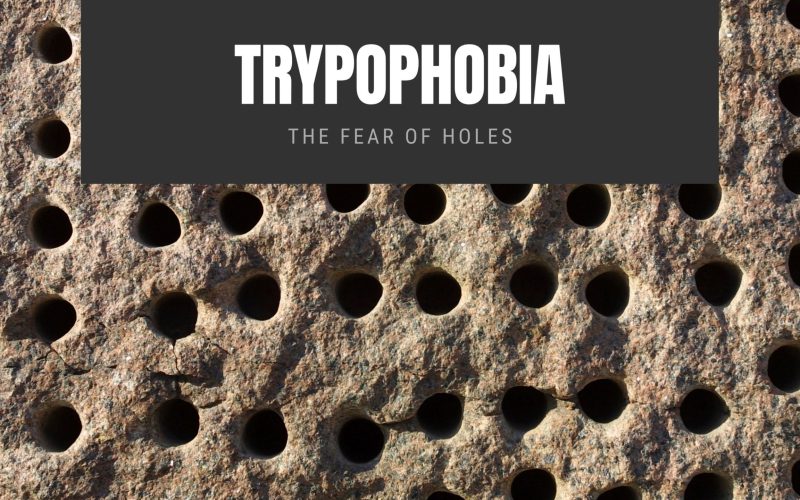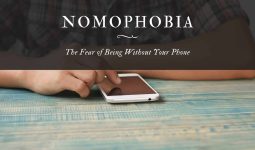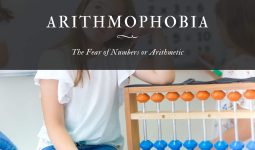Trypophobia (Fear of Holes) is when individuals experience an aversion or fear of clusters of tiny holes.
This condition is triggered when you see a pattern of small holes, subsequently causing you to develop symptoms like anxiety, disgust, and fear.
The term trypophobia despite not being recognized by the American Psychiatric Association’s Diagnostic and Statistical Manual of Mental Disorders has been used since 2009.
What Are the Triggers of Trypophobia?
Individuals who usually experience trypophobia symptoms are triggered by specific images showing clusters of irregular and tiny holes like;
- Coral
- Beehives
- Strawberries
- Bubbles
- Sponges
- Sea sponges
- Pomegranates
- Water condensation
- Honeycomb
- Cantaloupe
- Aluminum metal foam
- A cluster of eyes like that found in insects
- Soap bubbles
Symptoms of Trypophobia
Trypophobia symptoms are reported whenever an individual sees an object with shapes that look like holes or tiny clusters of holes.
Consequently, persons with trypophobia will react with either fear or disgust and below are some of the often-experienced symptoms;
- Distress
- Nausea
- Sweating
- Feeling as if your skin is crawling
- Feeling uncomfortable
- Goosebumps
- Feeling disgusted
- Panic attacks
- Body Shakes
- Visual discomforts like illusions, distortions, or eyestrain
Treatment for Trypophobia
Trypophobia has no specific treatment. However, other available treatments are generally intended for phobias and have mixed success rates.
Typically, these treatments may include therapy, self-help treatments, and medications.
Home Remedies and Self-help Treatments
If you have trypophobia, you can either seek treatment for this condition by undertaking self-help treatments either with the assistance of a counselor or therapy or by yourself.
Nevertheless, these techniques may be ineffective or effective in treating your phobias, as their success rate varies.
Some of the popular self-help strategies are;
- Relaxation techniques: It may include visualization methods as well as exercise-based techniques.
- Self-help group: Most individuals feel that group therapy is extremely useful in dealing with this condition.
- Cognitive behavioral therapy (CBT): A talking therapy carried out by a counselor or therapist intended to investigate how thoughts usually cause behaviors and feelings. Typically, the therapists work together with the client and motivate them to set and subsequently achieve the objectives.
- Lifestyle adjustments: Some modifications include eating healthy foods, exercising, good sleep hygiene, and avoiding caffeine and other stimulants.
Medication
Doctors sometimes prescribe particular medications to either treat phobias or the side effects as a result of the phobia, like anxiety.
The medicines prescribed in such instances include;
- Tranquilizers
- Antidepressants
- Beta-blockers
Reason Trypophobia Happens
According to a study in 2017, this condition is an evolutionary response meant to alert an individual about parasites or other transmittable infections.
Furthermore, the researchers based on the findings explain that persons who have trypophobia may have a perception that these cluster images are indications of ectoparasites.
These include skin-transmitted pathogens, such as droplets spread by sneezes or coughs, and parasites like fleas, which usually live outside the host organism’s body.
Moreover, another Chinese research did an evaluation of trypophobia symptoms in preschool kids.
This aimed to identify whether the discomfort was caused by a subconscious dread of poisonous animals or specifically by the visual stimuli features.
Subsequently, the researchers noted that the children did experience distress when shown some trypophobia stimuli.
Therefore, the conclusion was that the discomfort experienced by these kids was because of the attributes of cluster patterns and not a subconscious fear of venomous animals.
Risk Factors Associated with Trypophobia
Not a lot of information about the risk factors associated with trypophobia is known. According to one research done in 2017, there exists a possible connection between trypophobia and generalized anxiety disorder (GAD) as well as major depressive disorders.
Thus, the researchers stated that individuals who have trypophobia are more susceptible to suffer from generalized anxiety disorder or experience a severe depressive disorder.
Lastly, another research which was published in 2016 identified that there is a link between trypophobia and social anxiety.





